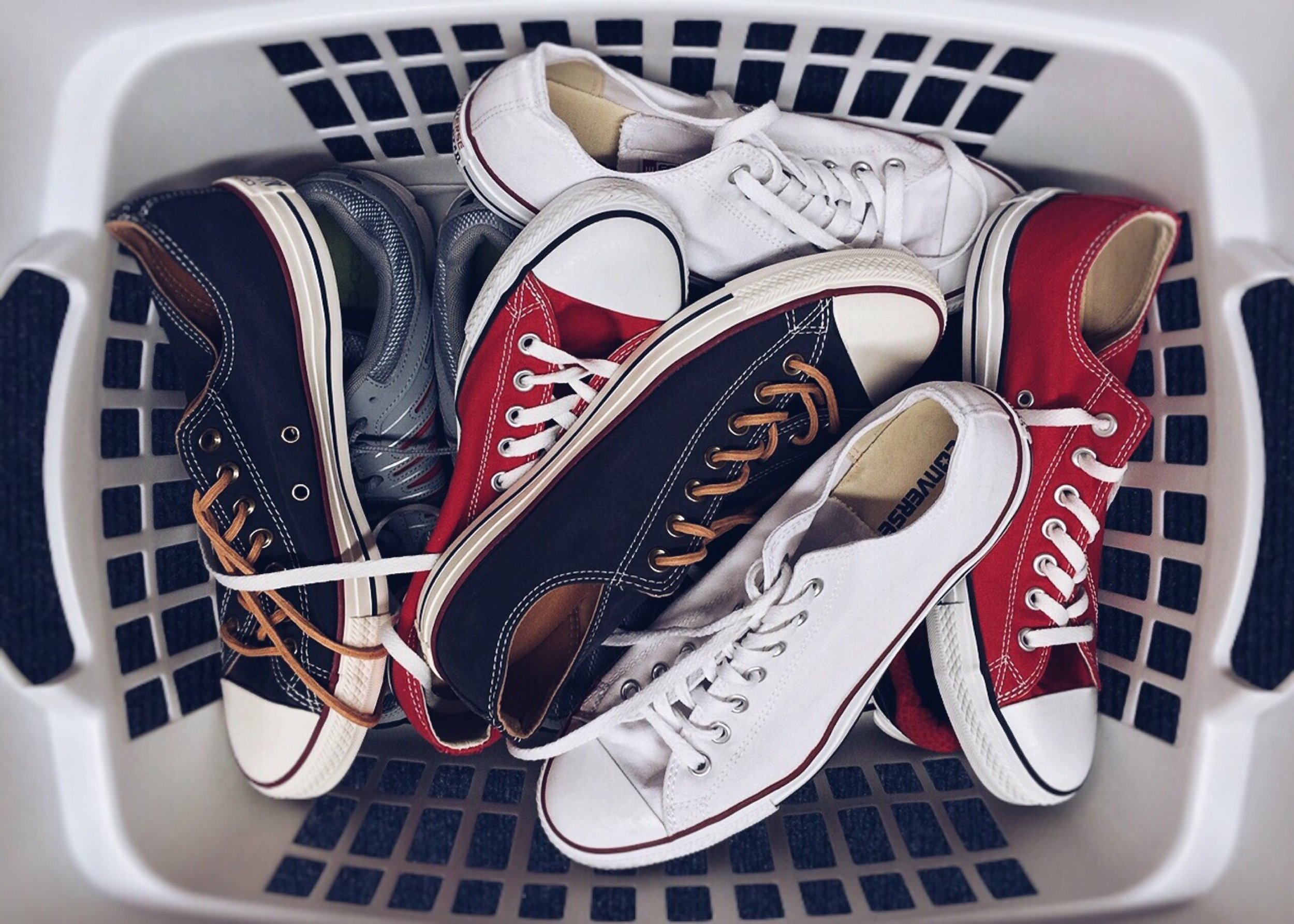The Walking Company. Payless Shoesource. Aerosoles. The bankruptcy court dockets have been replete with third-party sellers of footwear with bursting brick-and-mortar footprints, high leverage, scant consumer data, old stodgy reputations and, realistically speaking, limited brand value. Mere days away from a Nine West bankruptcy filing, we can’t help but to think about how quickly the retail landscape is changing and the impact of brands. Why? Presumably, Nine West will file, close the majority of - if not all of - its brick-and-mortar stores and transfer its brand IP to its creditors (or a new buyer). For whatever its brand is worth. We suppose the company’s lenders - likely to receive the company’s IP in a debt-for-equity swap, will soon find out. We suspect “not a hell of a whole lot”.
Back in December, we snarked about Proctor & Gamble’s efforts to innovate around cheaper razors in the face of competition from digitally-native vertical brands like (now Unilever-owned) Dollar Shave Club and Harry’s. The struggle is real. Per the Financial Times,
In 2016, revenues of the large consumer good companies — from beer to soft drinks, food and household products — grew at their slowest rate since 2009, when the recession took hold. The 207 results for many of those companies that have reported remain weak.
A few weeks ago the Interactive Advertising Bureau released a new study entitled, “The Rise of the 21st Century Brand Economy.” It is well-worth perusing. In fact, we’re a bit late to the game here because we wanted to give it an earnest review. The upshot? Consumption habits are rapidly shifting away from third-party wholesalers like Nine West towards direct-to-consumer relationships. With nimble, oft-outsourced supply chains, DTC e-comm brands are stealing market share from consumer products manufacturers and distributors. In the aggregate, it’s creating real shocks. Some significant themes:
Economic benefits are accruing to firms that create value by tapping into low-barrier-to-entry, capital-flexible, leased or rented supply chains. These include thousands of small firms in all major consumer-facing categories that sell their own branded goods entirely or primarily through their owned-and-operated digital channels.
First-party data relationships are important not for their marketing value independent of other functions, but because they fuel all significant functions of the enterprise, including product development, customer value analysis, and pricing.
An arms race for first-party data is influencing strategy, investment, and marketing strategies among major incumbent brands across all categories.
The significance of these themes cannot be overstated. Putting some numbers around them:
In the razor category, Gillette’s share of the U.S. men's-razors business fell to 54% in 2016, from 70% in 2010. Almost all of that share has shifted to Dollar Shave Club, Harry’s, and several other digital primary sellers.
In pet food, subscription service The Farmers Dog is averaging 40-50% revenue growth monthly, in a U.S. pet food market projected up 4.4% in 2018.
Grocery store revenue growth is projected to be about 1 percent annually through 2022. Over that same period, the market for Meal Kits is expected to grow by a factor of 10x.
Amazon ($AMZN) has meal kits. Walmart ($WMT) just launched meal kits. Albertsons purchased Plated. Meanwhile, the bankruptcy courts have a laundry list of grocers on their dockets.
Saving the most relevant to Nine West for last,
Sales at U.S. shoe stores in February 2017 fell 5.2%, the biggest year-over-year tumble since 2009. Online-only players like Allbirds, Jack Erwin, and M.Gemi have gained nearly 15 percentage points of share over five years.
Yes, the very same Allbirds that is so popular that it is apparently creating wool shortages. Query whether this factor will be featured in Nine West’s First Day Declaration with such specificity. Likely not.




